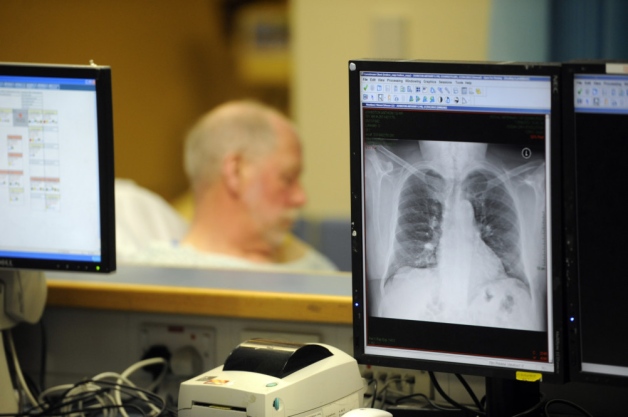Government Grants
Business Grants
Home Owner Programs
Federal Programs
About Us
Page 2
b) The identification of community-driven research priorities.
| Sponsored Links |
|
|
c) The creation of long-term collaborative Community-Based Participatory Research (CBPR) research agendas.
The funding organizations, NIH and NICHD, are willing to administer an annual funding amount of $30,000 to support the initiatives of the program.
The institutions and organizations who will be considered eligible to submit an application under this program are the following:
a) Higher Education Institutions such as Public/State Controlled Institutions of Higher Education and Private Institutions of Higher Education
b) Hispanic-serving Institutions, Historically Black Colleges and Universities (HBCUs), Tribally Controlled Colleges and Universities (TCCUs), Alaska Native and Native Hawaiian Serving Institutions
c) Nonprofit organizations other than institutions of higher education
d) For-Profit Organizations such as Small Businesses
e) State Governments, County Governments, City or Township Governments, Special District Governments, Indian/Native American Tribal Governments (Federally Recognized), and Indian/Native American Tribal Governments (Other than Federally Recognized)
f) Independent School Districts, Public Housing Authorities/Indian Housing Authorities, Native American Tribal Organizations (other than Federally recognized tribal governments), Faith-based or Community-based Organizations, and Regional Organizations.
Academic-Community Partnership Conference Series Program
Back to Page 1
About The Author The TopGovernmentGrants Editorial Staff maintains one the most comprehensive Websites offering information on government grants and federal government programs. The staff also provides resources to other Websites with information on environmental grants and grants for youth programs. |
Additional Government Grants Resources
Every Day Counts Innovation Initiatives - Request for Information
In keeping with this mission, the Federal Highway Administration has recently constituted the Every Day Counts Innovation Initiatives project wherein they intend to solicit information from all eligible sources regarding innovations and advances that will potentially transform the way people will do business.
Invasive Aquatic Species Inventory and Infestation Prevention Program
The Bureau of Land Management has recently developed the Invasive Aquatic Species Inventory and Infestation Prevention Program wherein they aim to document and monitor the presence of Zebra and Quagga mussels in the bodies of water through Idaho.
Garrett A. Morgan Technology and Transportation Education Program
The Federal Highway Administration has recently established the Garrett A. Morgan Technology and Transportation Education Program wherein it aims to improve the readiness of students in the fields of science, technology, engineering, and mathematics by way of the application of curriculum development and several other activities that are related to transportation education.
National Institute of Food and Agriculture: Community Food Projects Competitive Grants Program
NIFA has recently constituted the Community Food Projects Competitive Grants Program (CFPCGP) wherein they plan to administer grants amounting to $5,000,000 to be utilized in funding the project.
Basic Research on HIV Persistence Program
In keeping with this mission, the National Institutes of Health has recently constituted the establishment of the Basic Research on HIV Persistence Program in an attempt to increase our understanding of the persistence of HIV-1 infections in patients under highly active anti-retroviral therapy (HAART).
Education Grants for High Achieving Students
Academic Competitiveness Grants assist those undergraduate postsecondary students that have completed a meticulous course of study in high school. Financial grant assistance is provided on need-basis to help these students meet their educational expenses.
The Future Leaders Exchange Program: Host Family and School Placement and Monitoring
The ECA has constituted the Future Leaders Exchange (FLEX) program wherein it seeks to promote mutual understanding between the citizens of the United States of America and the inhabitants of Eurasia by way of sending secondary school students from Eurasia to live in an American community for a full academic year.
Social Entrepreneurship
Spotlight
Social Enterprises: Key to Enhancing a Nation’s Health

Glasgow Caledonian University (GCU) has launched a series of noteworthy research projects to learn if social enterprises can help Scotland lose its “sick man of Europe” label and boost the nation’s overall health.
